Top 8 Russian Culture, Customs and Etiquette
Should you remove your shoes when visiting friends? Should you greet those on elevators with a smile? When thinking about the dos and don'ts in your own ... read more...nation, these questions might not seem like the most obvious ones, but things that you might not even consider at home can have a major impact abroad. Here is a list of Russian Culture, Customs and Etiquette.
-
When meeting someone, the customary Russian welcome is a hard grip that feels almost bone crushing. Russians likewise maintain close eye contact when providing the appropriate welcome for the time of day (but the handshake between men and women is less strong).
When two female friends first meet, they typically give each other three kisses on the cheek—once on the left, once on the right, and once more on the left. Male close pals embrace and pat each other on the back. In summary, it's polite to shake hands firmly and maintain eye contact when you first meet a Russian person, whether they be a man or a woman.
It's impolite and displays apathy to look away. Men ought to wait till a lady extends her hand first. (Tip: When shaking hands, enter the room first, then cross any thresholds.) Instead of introducing themselves personally, Russians frequently do it through a third party. Do not assume familiarity as a foreigner; rather, let your Russian friends take the initiative.

https://learnrussianlanguage.net 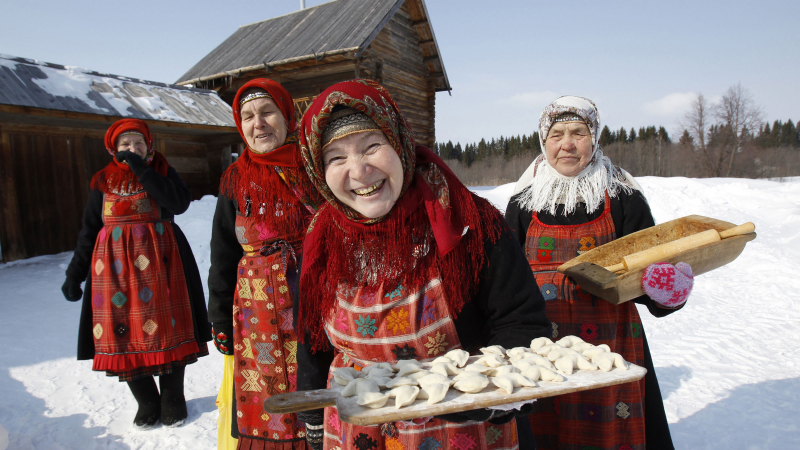
https://qz.com/ -
Appointments are required, and they should be scheduled as soon as feasible. Usually, it takes 6 weeks or more to schedule a meeting with a government official. When you get there and again a day or two before the meeting, confirm it. It is better to skip the first week of May because of the numerous public holidays.
You should arrive timely for meetings. Be prepared to wait because typical Russian schedules are unpredictable and everything takes longer than anticipated. Short notice cancellations of meetings are possible. The initial meeting frequently serves as a test to see if you and the business you represent are respectable and deserving of consideration in the event of future commercial interactions. Make good use of the time to highlight how your business stands out from the competitors.
Before business is discussed, expect a lengthy period of chatting and getting to know one another. Have both English and Russian versions of all printed materials available. Russians anticipate lengthy, in-depth presentations that go into the topic's history and a study of relevant precedents. Meetings are often broken apart. During meetings, it's typical for a number of side discussions to take place that have nothing to do with the main topic. Expect to sign a "protokol," which is a summary of the conversation, after the meeting.

http://en.kremlin.ru/ 
http://en.kremlin.ru/ -
Negotiations and meetings move slowly. The Russian people dislike being hurried. Having technical expertise on your negotiation team is a good idea. For Russians, hierarchy is crucial. Age, status, and rank are all respected. Decisions are made by the most experienced person.
Russian business executives prefer to meet with individuals in their own professions. Negotiations are seen as losing by Russians. They reject the idea of win-win situations. Make written information in both English and Russian available. Compromise is viewed negatively by Russians. They'll keep haggling until you concede something.
In an effort to persuade you to modify your perspective, Russians may lose their cool, leave the meeting, or threaten to break up the relationship. Time is a common approach used by Russians, especially if they are aware that you are working under a deadline.
If you tell your coworkers that you are pressed for time, they can cause you to be held up even longer. Before the contract is signed, nothing is set in stone. Even then, Russians will alter a contract in order to achieve their goals. Avoid using high-pressure sales techniques since they will hurt your cause.
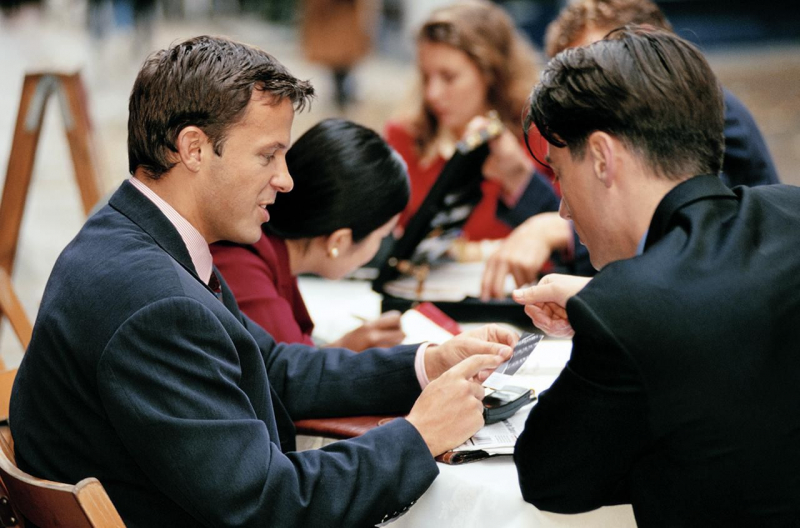
https://www.tripsavvy.com 
https://news.yahoo.com -
If a Russian person invites you to their home, you should show there promptly or no later than 15 minutes after the invitation. Take off your outdoor footwear. You may be given slippers to wear. Dress in something you would normally wear to work. Respecting your hosts by dressing nicely. Be prepared to receive respect and honor. Offer to assist the hostess with the meal's preparation or cleanup afterward. It's possible to decline this out of courtesy. "Are you certain? Gives the hostess the option to accept your offer. Continental table manners dictate that the knife should be held in the right hand while eating and the fork in the left.
First served is the oldest or most esteemed guest. Wait until the host invites you to start eating before you start. Your hands should always be visible, but avoid resting your elbows on the table. You'll be urged to eat more often than not. Using bread to sop up sauce or gravy is considered polite. Women seated close to males get beverages poured for them. Your hosts have shown you plenty of hospitality if you only leave a little food on your plate. Wait until you are invited to leave the table before standing up. The honored guest is always the first to leave a formal dinner.

https://www.thoughtco.com 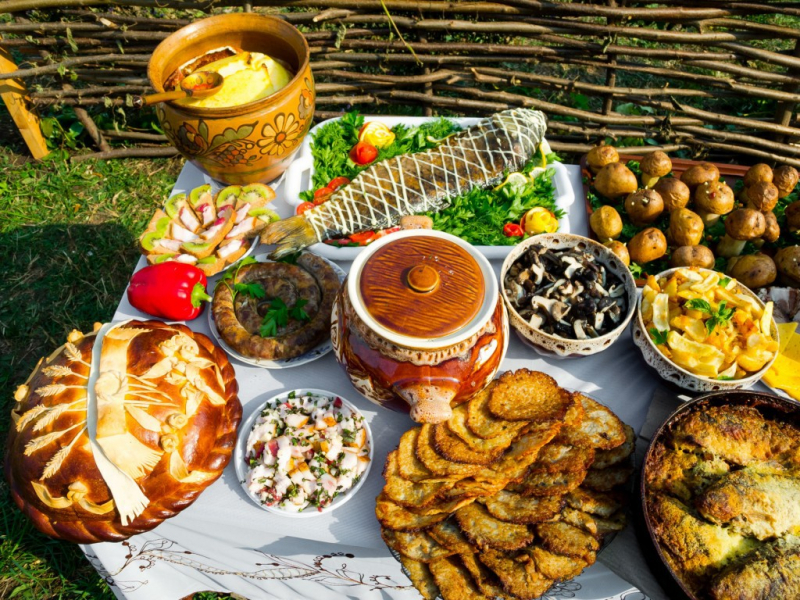
https://learnrussianlanguage.net -
Russians love to entertain at home, despite the fact that eating out is now a common Western practice. If you're invited over, always bring a small gift, whether it's some flowers (if you're a man) or some chocolates (if female).
Only at exclusive restaurants and bars are tips accepted, and five to ten percent should be plenty. You'll notice that Russians avoid turning their backs on the iconostasis, which serves as a screen for the altar. In churches, ladies are expected to cover their head and shoulders, while men wearing shorts may be denied access.
Russians tend to be somewhat superstitious; you'll often see them rubbing the canine statues' noses at Moscow's Metro Ploshad Revolutsii for luck. Men still offer to help with heavy lifting and open doors for ladies, demonstrating the continued existence of traditional chivalry. On public transportation, you'll see young people giving up their seats to the elderly; do what they do before you're instructed to.

https://www.apec-bioh2.org 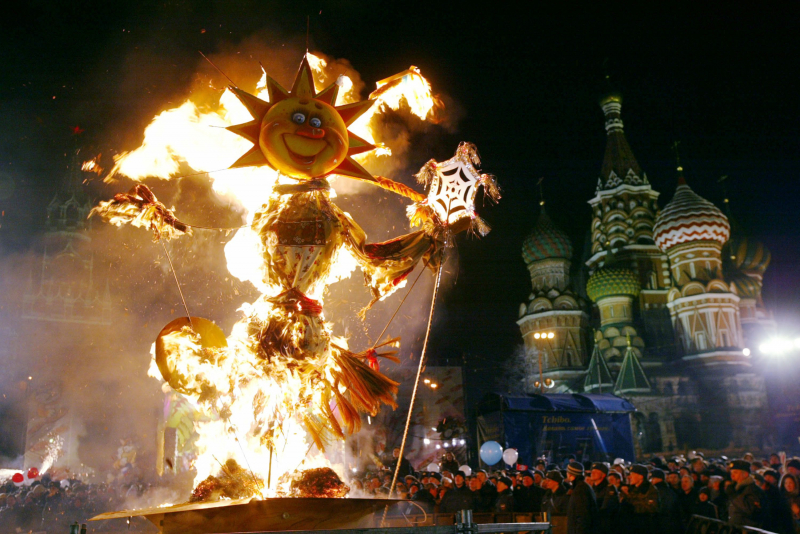
https://www.thoughtco.com -
It is polite to offer a small gift as a sign of respect when you are invited to someone's home. However, when given a present, the majority will ultimately object. If you respond that it's just a little something and then re-offer the present, it should be generally accepted.
If you anticipate having a less formal evening, it makes sense to bring some booze. Many Russian men believe that you can never have too much booze for a pleasant night, and in the end, they are proven to be entirely correct!
If you bring flowers, avoid giving yellow ones; in Russia, this color is associated with infidelity and estrangement, and it is especially forbidden to use it for bridal bouquets. The second superstition has to do with the quantity of flowers.
This number, which is 3,5, 7, and so forth, must always be odd. Flowers are always brought to funerals in an even number. Take off your outdoor shoes before entering a home. They might give you slippers to wear. Do not leave the table until you are invited to do so when dining with hosts. This is not regarded as courteous.
You'll be urged to eat more often than not. If so, consider it a sign of respect. And if you keep eating, they'll love you very, really much. Other Russians may share your meal if you're traveling by train. This is seen as exceedingly polite.
https://www.bigumbrella.co.in/ 
https://www.tripsavvy.com/ -
The "warmth" and welcome of Russian homes contrast sharply with the reserved, somewhat "cold" character of the people on the streets. You feel the disparity both physically and emotionally. What do you notice as you go along a normal Russian street?
Most of the time, these are cold, square, Soviet-built structures devoid of feeling. It's somewhat dismal. Go inside an apartment complex, then ascend a few flights of stairs. It remains the same: dreary, gloomy, and rather dismal. Now enter a Russian residence by passing via a flat's doorway.
Suddenly, warmth, color, and order that were nonexistent on the other side of the doorway hit you like a ton of bricks. Any foreigner who has made friends with Russians or Ukrainians can vouch for this. Russian homes are incredibly warm and giving, both physically and emotionally.
The importance of food and drink in Russian hospitality cannot be overstated. You will be served a variety of foods that have been prepared at home, the majority of which are included on our menu of Russian cuisine, when you are invited to dinner. There is always some kind of snack food available when drinking spirits around the table (aкуски - zakuski), which is particularly helpful as a "chaser" after drinking. There are always some type of chocolates or sweets (слатки - slatki) available when sipping tea or coffee. Russians adore desserts.
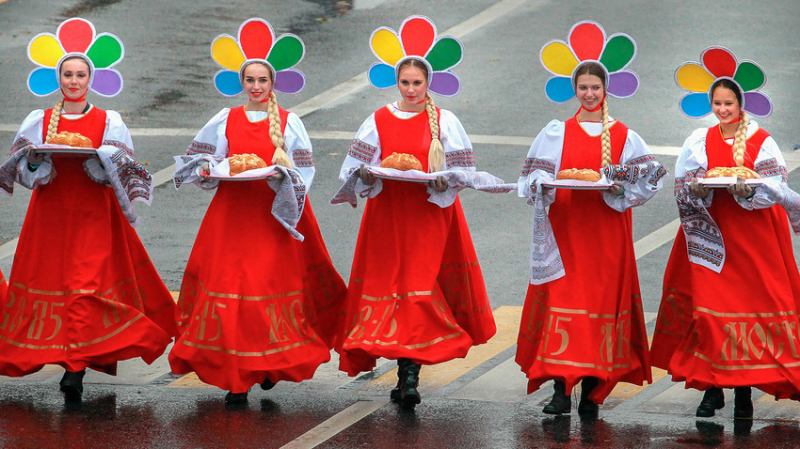
https://www.rbth.com/ 
https://wikiaboutcoffee.blogspot.com -
In comparison to the West, gender roles tend to be far more traditional in Russia and Ukraine. Men should generally be powerful and authoritative, while women should be intelligent and attractive. Russian men still follow traditional masculine decorum, and women tend to dress much more femininely (to emphasize their attractiveness).
Here are some polite reminders for men traveling to Russia, especially those who will be dating women. Traditional gender norms are still prevalent in many Russian homes. Men often handle repairs and maintenance, while women typically cook and clean. Although this isn't exactly a revelation (it's still accepted practice in the majority of civilizations), certain feminists from the West could take issue with a certain level of "inequality".
The fact that this gender difference is substantially less pronounced in recent generations may assuage such feminists. It is pretty obvious that the male is now taking on more responsibility in the cooking, with the children, and (on occasion), even with the cleaning if you compare a twenty-something Russian couple to a couple of the "baby boomer" generation.

https://www.tripsavvy.com 
https://www.tripsavvy.com/





























